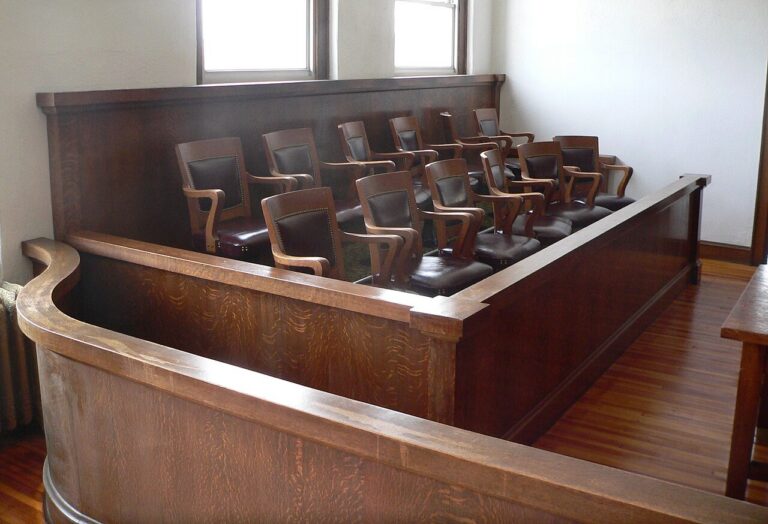
John Fry is a student at Harvard Law School.
In a little-heralded press release last month, the National Labor Relations Board announced the settlement of unfair labor practice charges against security contractor Paragon Systems. Region 6 of the NLRB charged Paragon with failing to bargain in good faith with its employees’ union, a violation of section 8(a)(5) of the National Labor Relations Act. More specifically, Region 6 accused Paragon of proposing “a one percent wage increase,” withdrawing this proposal, and then “prematurely halting bargaining.” Paragon later lost its contract with the government, and a new contractor took over the job and hired Paragon’s employees.
Under current law, employers have little incentive to bargain in good faith: the typical remedy for an 8(a)(5) violation is merely an order to resume bargaining. As Jason has explained, the NLRB decided Ex-Cell-O Corp. in 1970, ruling that it could not exact monetary remedies for refusals to bargain, thus rendering the duty to bargain in good faith toothless. NLRB General Counsel Jennifer Abruzzo has made clear since she took office in 2021 that she wants to overturn Ex-Cell-O, reiterating recently that the NLRB must “hit employers in their pockets” to deter bad-faith bargaining. However, the Board has “severed” the issue for later consideration each time that Abruzzo has presented it, seemingly waiting for the perfect case to craft a new doctrine.
Region 6’s complaint against Paragon nevertheless sought “a retroactive make-whole remedy for the employees’ lost opportunity to bargain in good faith for an annual wage increase, consistent with the NLRB General Counsel’s position that such relief is necessary for a truly make-whole remedy under the National Labor Relations Act.” While quantifying exactly how large of a pay raise Paragon’s workers would have obtained if the company had behaved lawfully would undoubtedly be difficult, Region 6 did not let this lack of certainty stop it from seeking any remedy for these workers. As Jason has noted, the California Agricultural Relations Board has devised methods of calculating remedies in such cases.
In last month’s settlement, Paragon agreed to pay “over $286,000 of monetary relief” in order to “make whole all of the employees for lost wages, benefits, and all direct or foreseeable financial harms they suffered because the employer failed to bargain in good faith over a wage increase prior to losing the government contract.” Given that Ex-Cell-O has not yet been overturned, one pertinent question is why Paragon agreed to these terms. Abruzzo has already successfully expanded the scope of the NLRB’s financial remedies in Thryv, and the Paragon settlement could be a sign that further changes are on the horizon to enforce the duty to bargain.










Daily News & Commentary
Start your day with our roundup of the latest labor developments. See all
February 23
In today’s news and commentary, the Trump administration proposes a rule limiting employment authorization for asylum seekers and Matt Bruenig introduces a new LLM tool analyzing employer rules under Stericycle. Law360 reports that the Trump administration proposed a rule on Friday that would change the employment authorization process for asylum seekers. Under the proposed rule, […]
February 22
A petition for certiorari in Bivens v. Zep, New York nurses end their historic six-week-strike, and Professor Block argues for just cause protections in New York City.
February 20
An analysis of the Board's decisions since regaining a quorum; 5th Circuit dissent criticizes Wright Line, Thryv.
February 19
Union membership increases slightly; Washington farmworker bill fails to make it out of committee; and unions in Argentina are on strike protesting President Milei’s labor reform bill.
February 18
A ruling against forced labor in CO prisons; business coalition lacks standing to challenge captive audience ban; labor unions to participate in rent strike in MN
February 17
San Francisco teachers’ strike ends; EEOC releases new guidance on telework; NFL must litigate discrimination and retaliation claims.